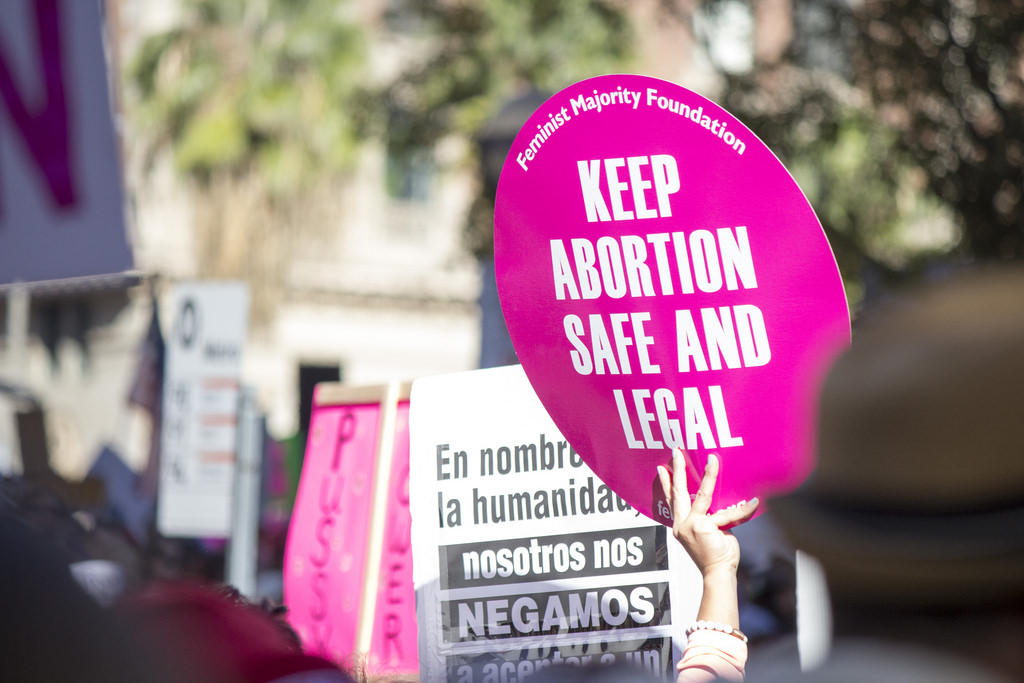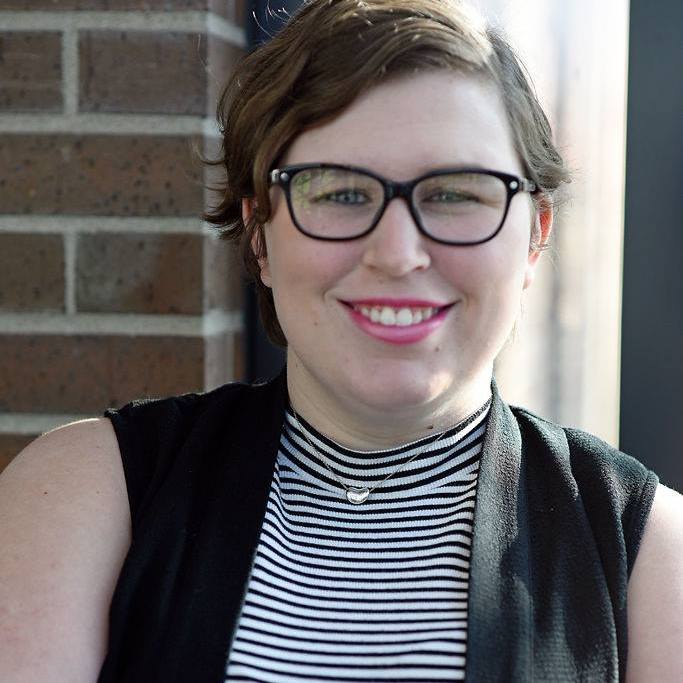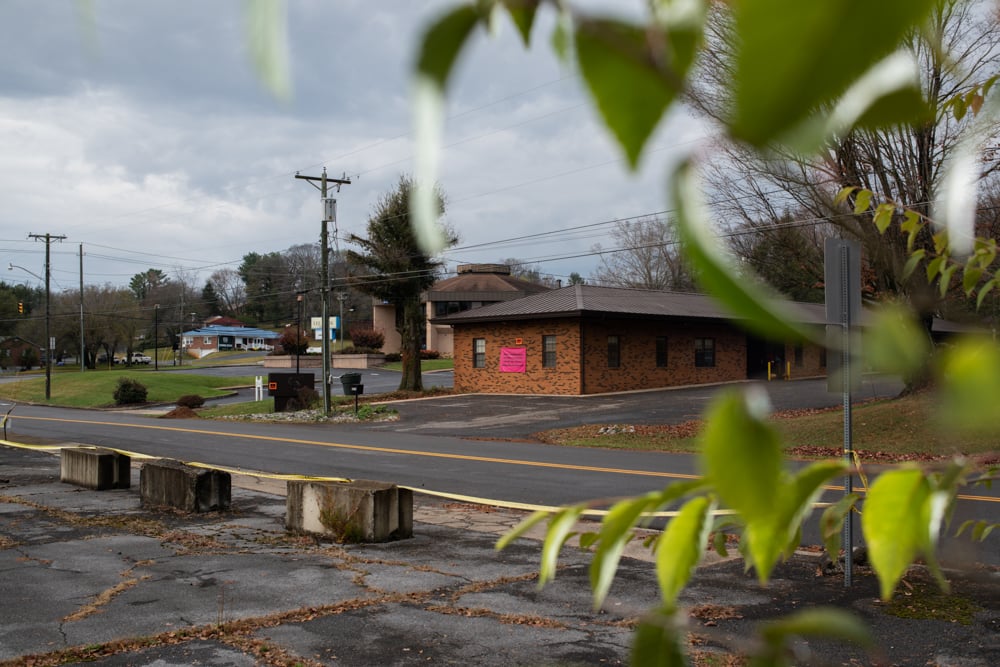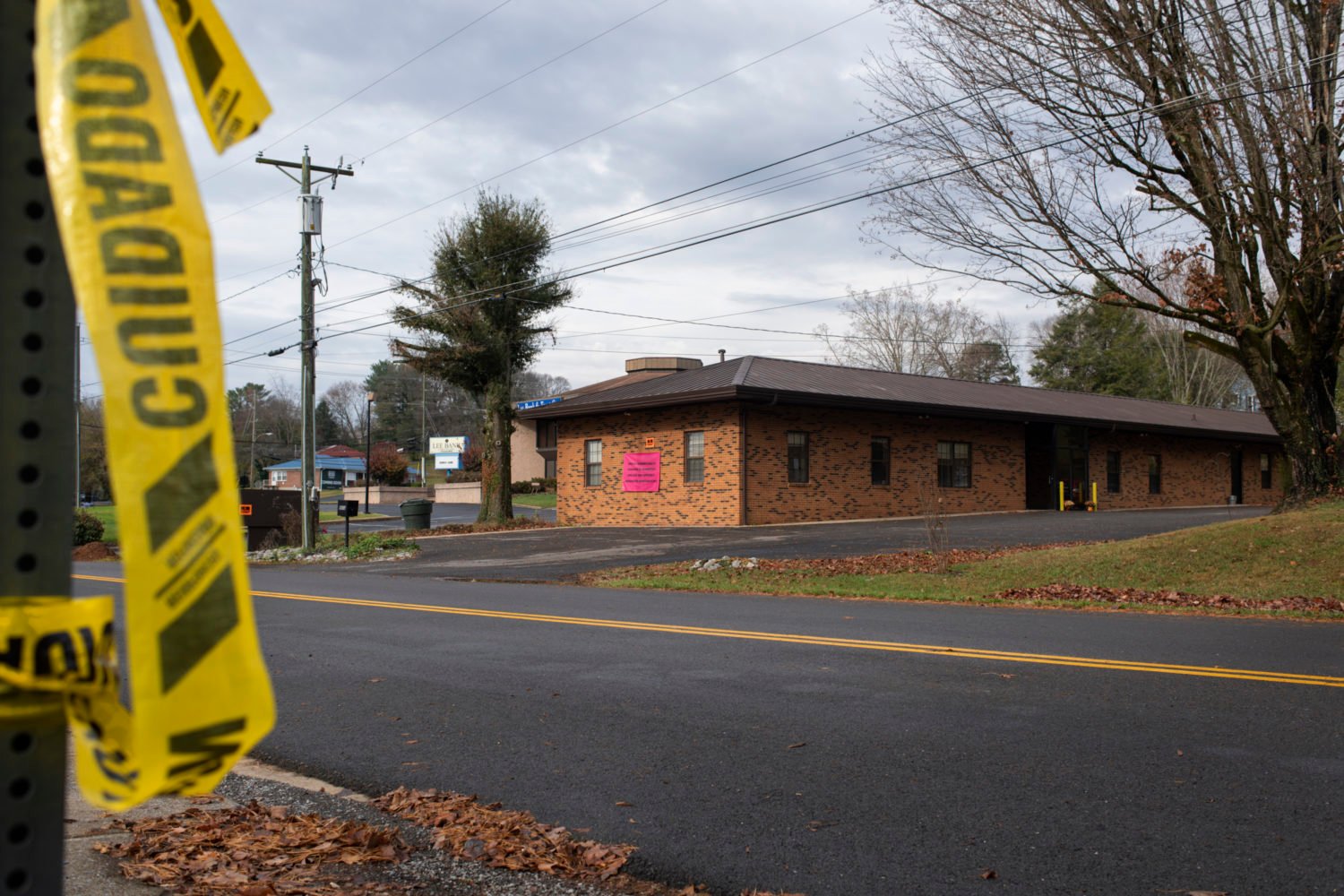The internet can be a source of both empowerment and danger for women who share their abortion stories online. Those who choose to offer up their experiences can educate others and show women who haven’t yet told their stories that they are not alone. But the web is also a vehicle for online commenters to attack, berate, and even threaten these women and their choices.
One new online group is working to change that. Julie Bindeman of Rockville, Christy Zink of DC, and Erika Christensen of Baltimore are all members of Troll Patrol: Defending Choice, a secret Facebook group for those “who want to share their abortion story, advocate and spread awareness for the right to choose, and support others who do the same,” per its mission statement.
“That’s what’s unique about this particular group,” Zink says. “A lot of what they’re focusing on is … how do we support each other in this public space that is the Wild West of the internet?”
The group began when St. Louis native Robin Utz shared her experience terminating a pregnancy at nearly 21 weeks in a Washington Post op-ed in March. The comments came pouring in both on social media and on the story itself. Many of them are full of compassion and support. Others included the threats and condemnation those who share their stories have come to expect.

But Utz had an insurance policy, a group of friends and supporters dedicated to making sure the experience of publishing her story wouldn’t be a traumatic one. What began as a group of members of Utz’s infertility community and individuals who’d offered to respond to comments has grown into a nationwide network. The group provides help for women who want to go public with their stories by offering media and legal advice and organizing positive preemptive strikes on the comment sections of newly posted abortion stories.
“The only requirement is that you either ended a pregnancy and you want to reduce the stigma around it, and it tends to be people who’ve ended wanted pregnancies,” Utz says. “So it’s predominately those people and then people that want to support them, whether that’s proofreading stories, helping with media contacts, allowing a place to vent or bounce ideas off of people and then obviously comment sections.”
Christensen got to know Utz from afar through another online support network and is now an enthusiastic member of the Troll Patrol. She says the concept of “formalizing support for one another” has helped make the online sharing experience better.
“When someone was brave enough to put themselves out there, there was a little army of people ready to just give positive feedback so it wasn’t all ‘You’re a murderer’ and ‘You’re going to hell’,” she says. “There could be some sense injected into the conversation and also some solidarity.”
In 2016, Christensen shared her story of terminating a nonviable pregnancy at 32 weeks with Jezebel. At the time she couldn’t find stories that reflected her own experience. There were plenty of stories of women who had chosen to carry to term after a diagnosis, but none who had chosen abortion. She says she’s seen that landscape change over the past year.
“Now you Google it and there are dozens of stories of people who are now sharing, in large part due to the state of our national politics,” Christensen says. “People are really motivated to put their stories out there.”
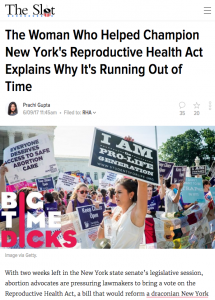
Now when someone does choose to put their story out into the world, Troll Patrol is there to offer advice and organize support. Their approach has evolved from one of reaction to one of action. After several months of trial and error, the group has developed a sort of game plan for controlling comment sections and encouraging a compassionate environment.
“Someone in the group realized that, whenever you post anything on the internet, the first comments set the tone for the rest of the comments,” Christensen says. “We make sure that we have our troops ready to go so the the first comments are positive.”
Bindeman, a psychologist whose clinical specialty is reproductive health and reproductive trauma, has a dual perspective on advocacy work. She not only works with women who have terminated pregnancies but has gone through two terminations herself for medical reasons and has been an advocate for the past seven years.
Both in her practice and in her own life, Bindeman has seen the anonymity of the internet bring negativity into the lives of those who tell their stories online. She says people emboldened by a lack of face-to-face communication are much more likely to say or do things they would never do outside of the internet.
“It’s a secondary trauma for anyone who tries to tell a story to then have to deal with the vitriol,” she says.
Helping one another avoid that secondary trauma while still getting information to people is the sweet spot that Troll Patrol hopes to hit. The group has primarily focused on stories of ending wanted pregnancies, but Utz emphasized that the group supports all reproductive rights choices, and includes members that have ended pregnancies for non-medical reasons.
The group’s hope is that their stories can change minds, or at least introduce an amount of compassion and understanding into the conversations surrounding abortion.
‘We know the importance of a narrative,” Bindeman says. “Narratives change minds. And I don’t just say that to be Pollyanna, I’ve experienced it.”
The current political climate has also been a motivator for the women of Troll Patrol to tell their stories. Christensen says she’s seen more and more stories emerge as people have felt their reproductive rights being threatened.
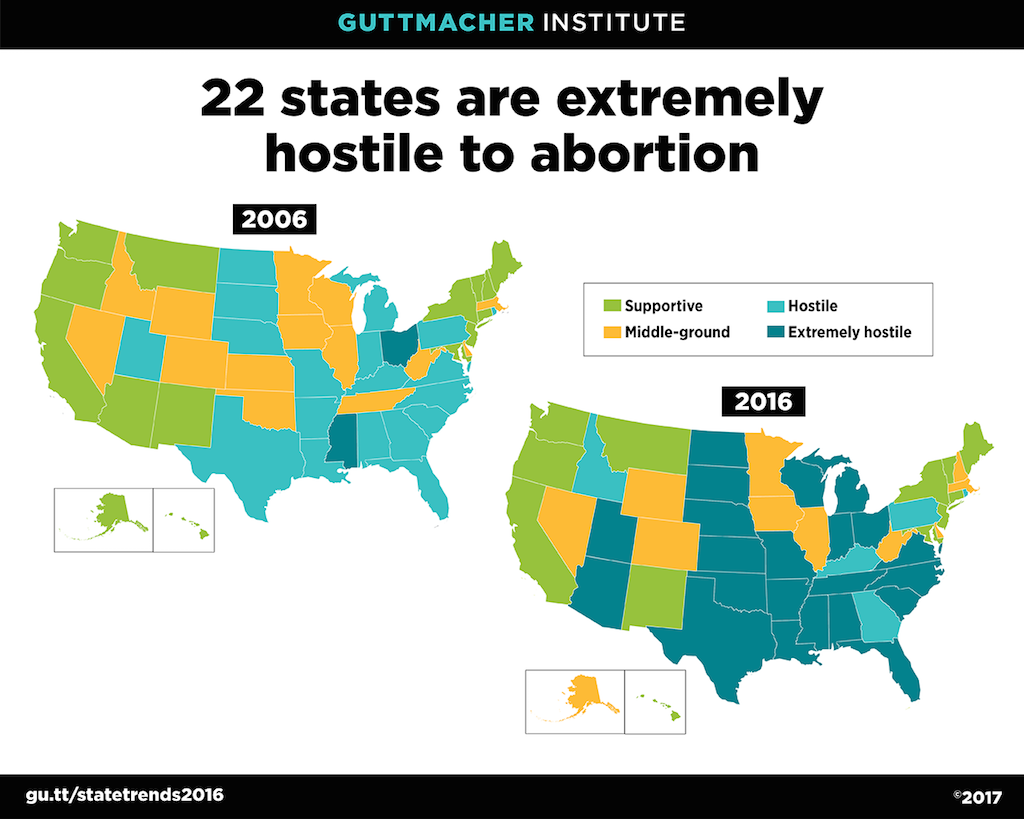
“I’m more angry than I am scared, and I’ve decided to channel this anger into advocacy and sharing my story to anyone who will listen to me,” she says. “We continue to beat our sad drum because it’s what we have to contribute to the conversation.”
That conversation remains heated around the country, but more and more women are stepping forward to add their stories to it. But those interested in joining the ranks of Troll Patrol won’t find them through a simple Facebook search. The group remains secret for the safety and privacy of those involved. Not everyone is ready to be completely public.
However, Troll Patrol is now making itself more available. Utz’s website, DefendingGrace.com, will soon offer an application page to vet and add those who aren’t connected with one of the other support networks that funnels in new members. While the support system in place works to help people share their stories, there’s no pressure to go public or be published.
“I don’t think people should be pressured that they need to be public immediately or that they have to give all the details,” Zink says. “Everybody has to figure out how to navigate, how they want to advocate, how they want to present themselves.”
As for where the group goes from here, the women of Troll Patrol said they hope to continue their mission for now, but hope that someday they will be able to shut down the group because it is no longer needed.
“We live in a culture that has such vitriol that, in order to share your story, women need this kind of safety net and security blanket to do so,” Bindeman says. “That shouldn’t be the case. I’m grateful for the group, but it saddens me that we have a need for one.”
Christensen agrees. “In a perfect world it would be great if we weren’t needed anymore,” she says. “I think the day that we shut down the group would be the happiest day in the world.”

